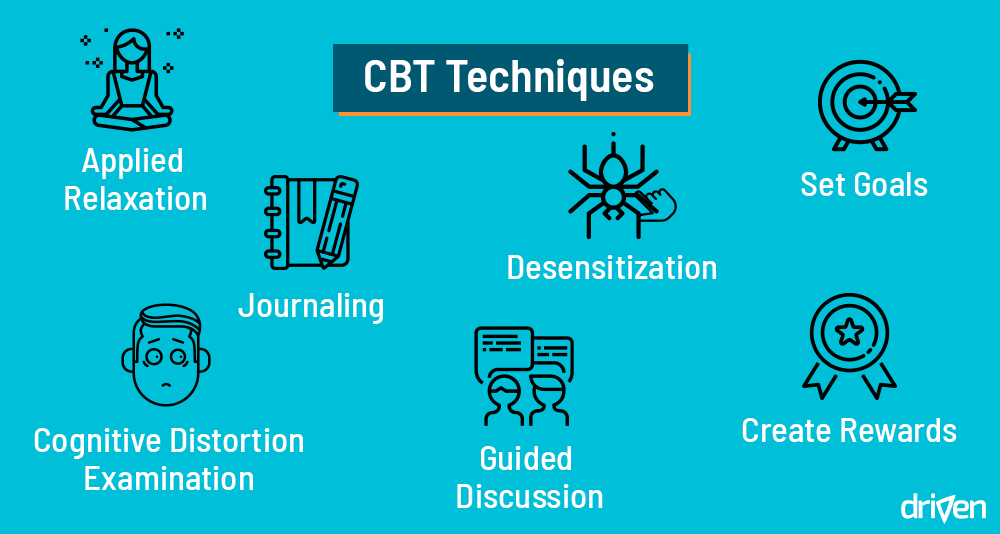Trusting your GP with Depression – the CBT car crash
Cognitive Behavioural Therapy, the favoured talking therapy of the NHS is nothing much to write home about.

Cognitive Behavioural Therapy is not delivering for the NHS
Cognitive Behavioural Therapy or CBT is the go to talking therapy of the NHS and it is a car crash. Only a small proportion of depressed people get benefit. And I will try here to explain why.
“The combination of many people either not achieving a ‘case’ level of distress and/ or high levels of drop-out is contributing to the fact that little more than one in 10 of people entering treatment can be shown to have demonstrably improved. So not only is IAPT significantly under-performing against its stated aims, but it is costing over three times more than was originally estimated.”
Why is Cognitive Behavioral Therapy a Car Crash?
The rise of CBT is an interesting parable of our time. It presumably began with the attempt by medical people to find a standardised non medical treatment for depression – one that would work as well anywhere in the country. The result has been to elevate Cognitive Behavioural Therapy (CBT) above all the rest.
My feeling is that what attracted CBT to medical administrators (such as the NHS) was that they thought that they could see how it could be standardised – that a manual of appropriate CBT could be successfully applied anywhere in the country (like a hip replacement operation) by anyone who had had the appropriate training.
CBT was attractive to medically trained people because it would seem to have much less scope than other talking therapies for the experience, prejudices and instincts of the practitioner to vary the treatment or horror of horrors for them to use their initiative.
Just consider what CBT tries to do:
CBT is about challenging thoughts. It’s about changing how you think. It is about breaking down complex thoughts and behaviours that are keeping you stuck. It is about facing up to clearly unhelpful black and white thoughts such as – “I am stupid and people hate me” and “I cannot do anything about this and for the rest of my life, I am doomed” and so on.
But feelings come first. Especially feelings of exhaustion and the terror of not knowing why you are feeling so bad and depressed because you have no idea why you are lost in a vicious circle of tiredness and useless rumination.
In these circumstances and knowing that, why would you think for a minute that someone trained in CBT would have any idea at all what to do for you? Well maybe a tiny bit – but be no more useful than a peashooter attempting to down an elephant.
Three reasons for caution: your GP and depression
1. The evidence is clear – antidepressants don’t work that well.
2. Cognitive Behavioral Therapy on the NHS is not delivering and there are very good reasons why CBT is a car crash.
3. Our depression epidemic has to have a social dimension and doctors cannot be expected to help – afterall, that is not their job.

One final piece of the CBT Car Crash
There is yet one more piece to the car crash. This explains why CBT has proven such a failure when applied in national programmes. The big NHS programme is IAPT. This stands for Improving Access to Psychological Therapies. IAPT has absorbed massive funding over recent years – to provide CBT across the nation and so stem and reverse our depression epidemic.
To understand the IAPT failure, you have to know what the evidence has shown regarding what is successful therapy.
And a good way to understand the evidence is to recall the Dodo bird from Alice’s Adventures in Wonderland. The Dodo said “Everybody has won and all must have prizes.”
Counselling is like the Dodo bird. All counselling methods win because they are all equally good. No one model of counselling has ever been proven to be better than any of the others. They all do some good and are better than nothing. But based on mountains of research from all over the world, for all kinds of models of therapy in all kinds of circumstances, the result is always the same. Yes ALWAYS.
Everyone must have prizes.
So if you are looking for the model that is best, you will never find it.
But there is a second truth that the research also shows to be true. It is that some therapists are better than others. It is not the model that counts but the counsellor.
Now just ponder that. It is a devastating and profound conclusion. It flies in the face of so much that we believe instinctively and unthinkingly to be true. The NHS is looking for what does not exist – a counselling approach that is the best. And that is why IAPT is failing – as the evidence of its failure to deliver is now dribbling out.
And by rolling CBT out nationally and not choosing only good therapists or even trying to understand what it is that makes good therapists, but instead taking anybody who can be trained in it, they are dooming IAPT before it begins.
Go to this page of my website – in praise of Scott Miller. There I summarise what Miller has discovered, concerning the evidence base for therapy.

In this post, I expand on the weak evidence in support of antidepressants.
In this post, I consider the societal dimensions of our depression epidemic.